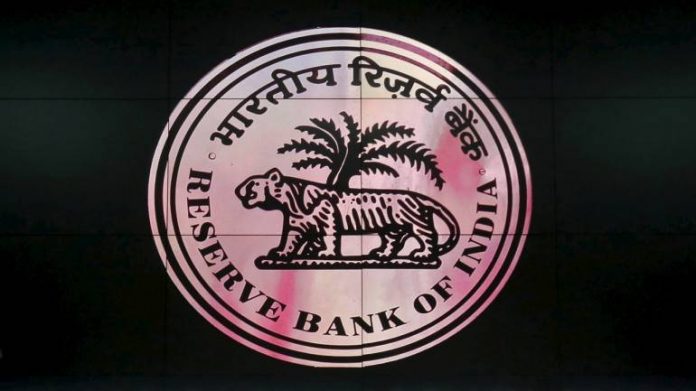Reserve Bank of India (RBI) Governor Shaktikanta Das on Friday (December 8) announced the preparation of a new framework for companies giving loans through digital platforms.
The long-running discussion on rules for unsecured personal loans and digital lending companies seems to be coming to an end for now. Reserve Bank of India (RBI) Governor Shaktikanta Das on Friday (December 8) announced the preparation of a new framework for companies giving loans through digital platforms. Das said that he will soon set up a fintech repository.
He further said that financial institutions are partnering with fintech and this step will bring more transparency in giving digital loans. Das said that RBI has decided to bring a unified regulatory framework on connected lending for all regulated entities (REs). This will also strengthen loan pricing for all REs.
Risk increases due to unsecured loans
Earlier, RBI had recently implemented precautionary measures to prevent financial risks. During that time, the RBI Governor had warned the banks to conduct stress test and said that unsecured loans should be controlled. Recently there was a sharp increase in the number of unsecured loans. Due to this, the risk factor had increased significantly, to control which higher interest rates were implemented.
In November, the RBI had also announced stricter norms for personal loans and credit cards in the form of higher capital requirements. The new rules include an increase in risk weight by 25 percentage points for banks and NBFCs, which will require more capital for each loan issued.
RBI increased weight risk
During this period, the risk weight on retail loans covering personal loans and credit card loans has been increased from 100% to 125%. Apart from this, RBI has increased the risk weight for credit card exposure by 25 percentage points to 150% for banks and 125% for NBFCs.
Certain loans such as home, education, vehicle loans and loans secured against gold or gold jewellery have been excluded from these revised risk weight guidelines. RBI has taken this step after concerns raised by the huge increase in unsecured loans.


